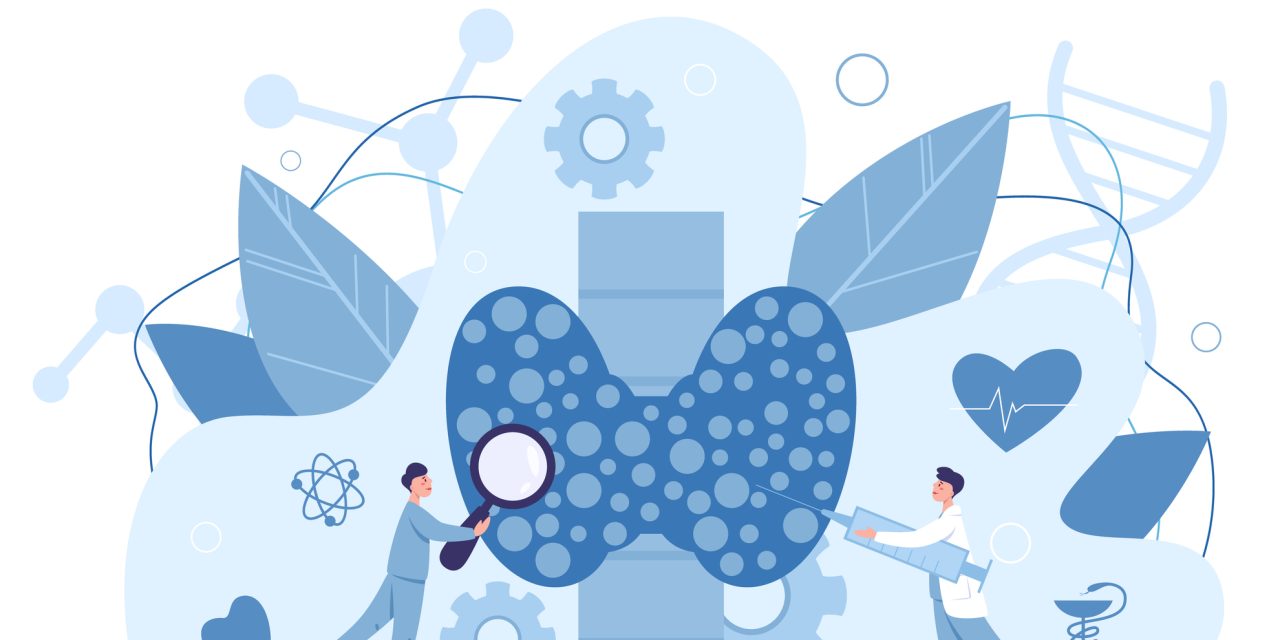Aim of our study was to search for variables associated with worse outcomes in patients treated with radioactive iodine (RAI) for hyperthyroidism by a dosimetric-based approach.
Four hundred twenty-four patients with hyperthyroidism related to Toxic Multinodular Goiter (TMG; n = 213), Grave’s disease (GD; n = 150) and toxic adenoma (TA; n = 61) treated with RAI between 2000 and 2018 and with at least 12 months follow-up were retrospectively evaluated. Association between outcomes (response vs. no response) at 6 and 12 months and baseline TSH values, anti-thyroid drugs (ATD) duration and posology, RAI absorbed dose and dimensional reduction of target mass at ultrasound was evaluated by Mann-Whitney test. Risk factors for response vs. no-response were analysed by binary logistic regression model.
Overall response rate was 78.7 and 83% at 6 and 12 months, respectively. Both at 6 and 12 months higher TSH baseline values (p < 0.001), lower ATD duration (p = 0.004 and p = 0.043), lower ATD posology (p = 0.014 and p = 0.005), and lower dose to target (D) (327 vs. 373 Gy, p = 0.003) were associated to response. Longer ATD duration and higher ATD posology were independent risk factors for no response at 6 and 12 months in GD and TMG, with no response at 6 months in TA subgroups.
Low TSH levels, longer duration and higher posology of ATD were associated with worse response to RAI. These data confirm that RAI therapy should be considered earlier in patients’ management to allow better outcome and avoid ATD toxicity.
Predictive factors of a worse response to radioactive Iodine-I131 treatment in hyperthyroidism: outcome analysis in 424 patients. A single centre experience.


